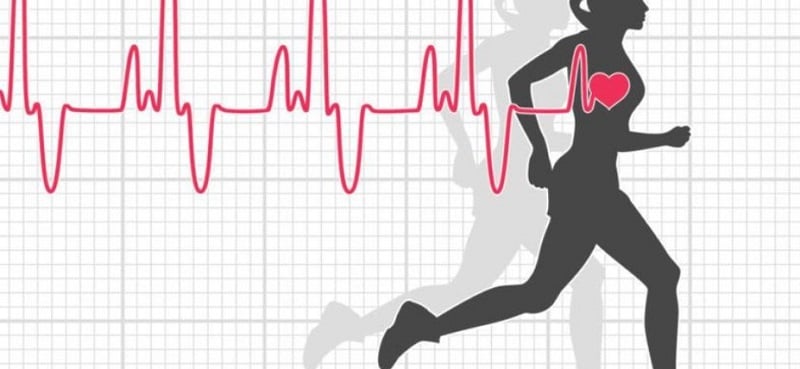Thanks to its natural caffeine content, coffee speeds up metabolism, aids in fat burning, and improves exercise performance. However, drinking coffee is not always beneficial. Drinking it at the wrong time can cause anxiety, insomnia, and cortisol hormone imbalance, which are counterproductive to weight loss goals, according to the health site Verywellfit (USA).

Coffee should be limited in the evening because it can affect sleep at night.
PHOTO: AI
To avoid insomnia and optimize the weight loss benefits of coffee, people should drink it at the following times:
Drink 1-2 hours after waking up
Many people have the habit of drinking coffee right after waking up. However, this can be counterproductive. The reason is that about 30-45 minutes after waking up is the time when the body naturally secretes the highest level of cortisol hormone of the day.
If you drink coffee at this time, the caffeine can interact with cortisol, disrupting your circadian rhythm and reducing your metabolism in the long term. It is best to only drink coffee about 1-2 hours after waking up.
Take 30-60 minutes before exercise
Drinking coffee before a workout can help increase performance and boost fat burning. Caffeine improves endurance, concentration, and mobilizes fatty acids from fat stores.
A study published in the Journal of the International Society of Sports Nutrition found that drinking coffee 30 minutes before exercise helps burn significantly more fat, especially during cardio exercises.
Drink mid-morning or early afternoon
The ideal time to drink coffee is between 9:30 and 11:30 and between 1 and 3 p.m. This is when your natural energy levels start to dip slightly. Coffee can help you stay alert and avoid snacking due to fatigue.
In fact, caffeine helps temporarily reduce hunger by inhibiting the hormone ghrelin, which stimulates appetite.
Limit coffee after 3pm
One common mistake is to drink coffee in the late afternoon or evening to stay awake, especially when working overtime. However, studies show that consuming caffeine within 6 hours of bedtime can reduce sleep quality, making it difficult to fall asleep.
Lack of sleep directly affects the levels of hormones that control hunger and satiety, causing you to eat more the next day, especially foods rich in starch and sugar. This condition increases the risk of fat storage in the abdominal and visceral areas, according to Verywellfit .
Source: https://thanhnien.vn/ca-phe-nen-uong-luc-nao-de-vua-giam-can-vua-khong-mat-ngu-185250809161812563.htm
































































![[Photo] Politburo works with the Standing Committee of Hanoi Party Committee and Ho Chi Minh City Party Committee](https://vstatic.vietnam.vn/vietnam/resource/IMAGE/2025/8/21/4f3460337a6045e7847d50d38704355d)
































Comment (0)